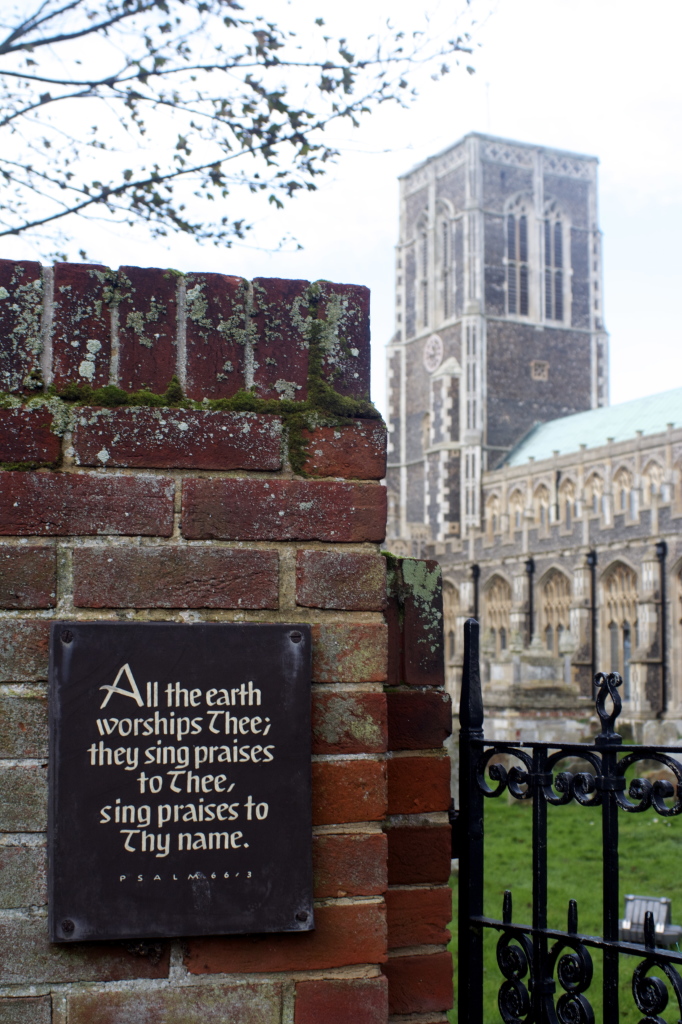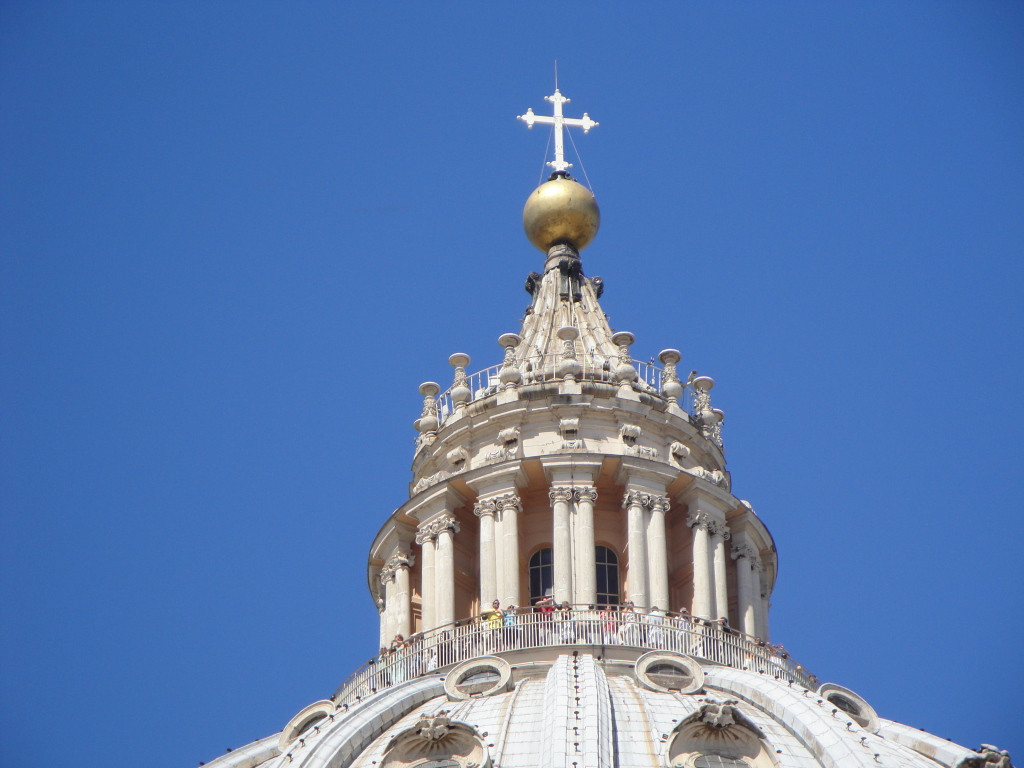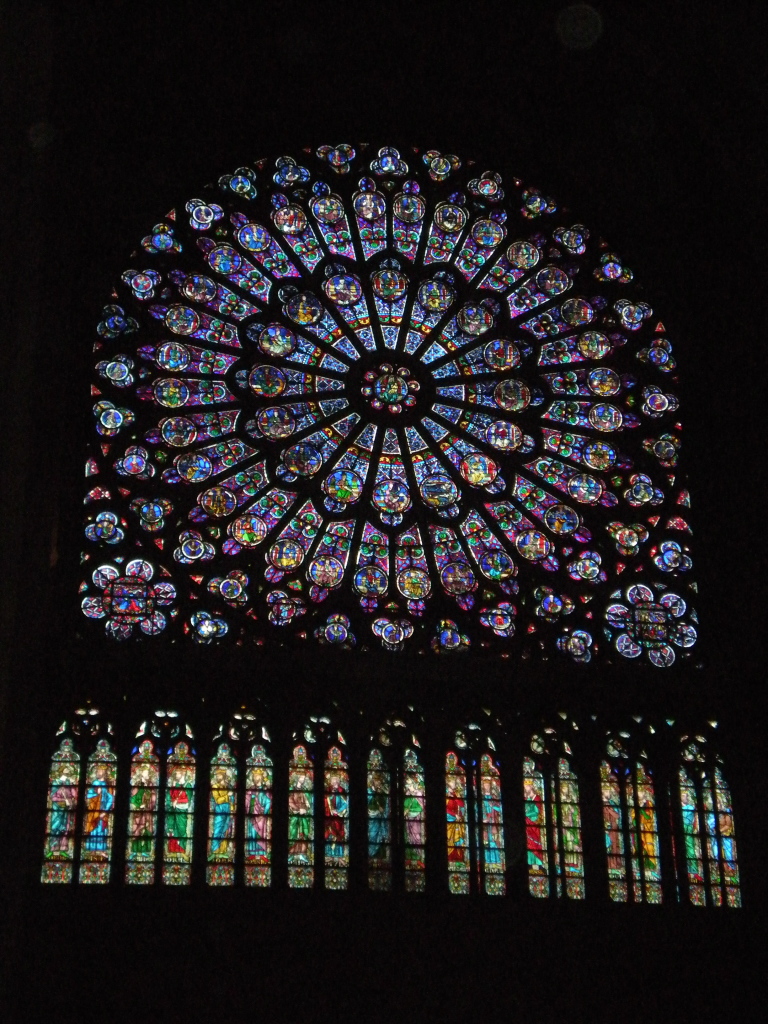 -Photo courtesy of Candace Rose Rardon
-Photo courtesy of Candace Rose Rardon
Collective Effervescence, A Sacred Happening
This may take a minute, but when you find one (a minute), please savor these words. I think it is worth the time:
“Some claim that they can worship alone, and I do not question their claims. Indeed, those who cannot be alone with God are not fit for community. But the positive experience of worshiping alone does not contradict my argument that something different happens when Christians come together in corporate worship. The sociologist Emile Durkheim recognized that at such a gathering a unique feeling of oneness often emerges—he called it ‘collective effervescence.’ He meant that there is some kind of shared emotion and psychic power that can be experienced only in communal worship. It doesn’t always happen, but when it does, those who share in this ecstasy keep coming back for more.
I belong to an African American church, and on those special days when the congregation ‘really gets down, and the Spirit breaks loose,’ as my pastor says—those are days when that collective effervescence is especially evident people say afterward, ‘Oh, we had church today, didn’t we?’ For them, on those days the church becomes something more than a gathering of people in a sanctuary. It becomes a happening. But such happenings would never happen if there weren’t ‘an earthen vessel,’ as Paul called it, to contain them. That’s what the church is. In spite of all of its flaws and shortcomings, it is the ‘earthen vessel’ that can serve as a home for sacred happenings and the special fellowship that the Greek New Testament calls koinonia.”
-Tony Campolo, Why the Church is Important
 St. Peter’s Basilica, July 2009
St. Peter’s Basilica, July 2009
Tony Campolo’s words remind me of Psalm 45:1 (NIV), “My heart is stirred by a noble theme as I recite my verses for the king; my tongue is the pen of a skillful writer.” His words, “Church becomes more than a gathering of people in a sanctuary. It becomes a happening,” stir my heart like a noble theme. He reminds me of why I get up every Sunday morning, put on my “Sunday clothes,” drive 20 minutes or so, engage in corporate worship, listen to a sermon, pronounce the benediction of “Shalom” to those around me, and once a month (like today), partake of Holy Communion with fellow believers, many of whom I don’t even know, yet. It would be so much easier to stay nestled under my cozy comforter, especially on a chilly morning.
Easier, maybe, but definitely not better. The minute I start thinking, “I don’t need this thing called church in my life. . .there has to be more than this,” congregational worship elevates to that “thing” called, “Collective Effervescence” and I realize I need a “sacred happening” as much as I need the air I breathe—both of which I take for granted far too regularly.
Margaret Feinberg, in “The Organic God,” writes, “I realize the church in America is far from perfect and in many ways has gone astray, but the church is still the bride of Christ. She may have holes in her dress, stains on her shoes, and smeared makeup on her face, but at the end of the day, she is still the bride.”
Yes, Margaret, and I need her in my life—for better or for worse, in sickness and in health, for richer and for poorer. . .until death do us part. Just as in marriage, we can’t walk out when the going gets tough. Or look for another marriage. Or think one bad experience with a marriage means all marriage is bad. No, we pray and hope and believe and persevere in order to experience that “unique feeling of oneness” that will emerge, in due time.
Just today, over a simple lunch in an ordinary restaurant, that unique feeling of oneness emerged. Dining with several friends from church, conversation was rich and that “sacred happening” occurred. “Ahhh,” my spirit resounded. “This is that special fellowship, koinoia, promised throughout scripture.”
To me, church has never been about a building, a denomination, or rituals/traditions. No, church is all about people. Men, women, and children, who are doing their very best to follow Jesus and express His character and teachings in their daily lives. And, we all know, that where there are people, unique expressions of the very nature of God, there lies potential for differences. In light of this, and in light of Advent—the season of preparation—let us reflect on Paul’s words, found in 1 Peter 1:21-23 (NIV):
“Now that you have purified yourselves by obeying the truth
so that you have sincere love for each other,
love one another deeply, from the heart.
For you have been born again,
not of perishable seed, but of imperishable,
through the living and enduring word of God.”
Maybe you have been hurt in a church environment. It is my earnest prayer that somehow, some way, somewhere, this Advent, you find it in your heart to give “church” another go. Garner the strength and courage to walk through the doors of a church building, and hopefully, you will find that “sacred happening,” too. That “collective effervescence” Tony Campolo so skillfully writes about!
–The Rose Window, Notre Dame, Paris (July, 2009)
*Author Update, January 30, 2014, I wrote this during Advent, December 2010, and today, as I reflect upon it again, I am even more convinced in the power of collective effervescence. I’d love to know two things:
- Why do you go to church every Sunday?
- Have you ever experienced this eternal “collective effervescence?” If so, would you share your story with us? Was it a “sacred happening?” How did it effect you?

